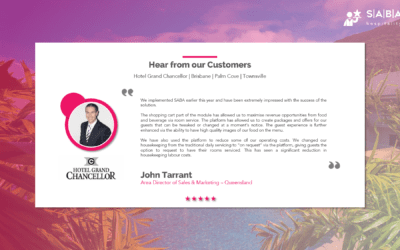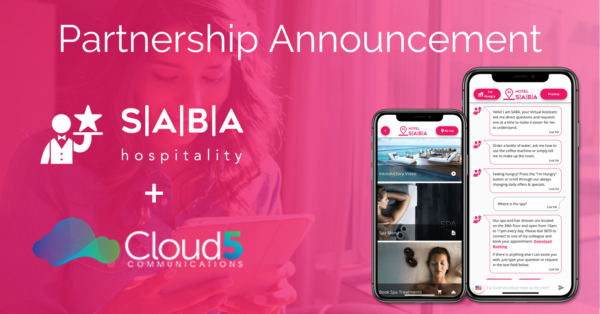When a friend of mine first introduced me to Uber Eats, I’ll have to admit I was sceptical. I can already have dinner delivered. What’s the benefit? Is it a solution trying to solve a problem that doesn’t exist? Years later and I’ll admit. I love it!
Trying to explain why, well it’s almost embarrassing. Searching for a menu in a messy draw. Annoying? Not really. Slightly irritating. Possibly. Being placed on hold while making an order. Again, I’m not losing sleep, but anything over 5 minutes can be mildly annoying. Then there is having to pay by cash, or provide credit card details over the phone. And what if there are communication barriers to overcome? Don’t get me wrong, none of the above never stopped me placing an order. Friday night takeaway is almost a tradition in my household. But that experience has changed. And it’s changed because Uber Eats has removed every one of those little frustrations. And for this, I love it and I rave about it!
I can now pick up my phone and browse the menu of pretty much any restaurant in the city. Place an order without being placed on hold. At my own pace. No payment details are required, the solution already has them stored. I can even watch the progress of my order, down to tracking it from the restaurant to my house, so I can time getting off the couch at precisely the time I hear a knock on the front door. It is truly a ‘frictionless’ experience. Do I have to pay slightly more for this experience. Sure. Do I care, not really.
But enough rambling, how does this relate to hotels? Put simply, technology has changed our expectations and ideas of what constitutes a seamless and unforgettable experience. Which has drastically altered the wants and needs of the modern traveller. What was a luxury before is now an expectation. And failure to meet guest expectations and desires is not a space hospitality operators want to be playing in. They must not only meet the needs of their guests, but exceed their expectations if they wish to provide truly memorable experiences that will create the loyalty and return business every organisation strives for.
So it begs the question, why can’t I order a drink from my sun-lounge without searching for a waiter or walking to the bar? Or order room service from the taxi, without calling the hotel? And is it really necessary to leave the bed to search for a menu when ordering breakfast? It’s true, attempts have been made to enhance the F&B ordering process and solve these problems. The adoption of tablets with digital menus comes to mind. But with a 3 year replacement timeline, well, it’s expensive and I understand the reluctance of operators to outlay capital on solutions that will soon be obsolete. And ultimately, you have to ask, why purchase expensive hardware when guests carry the only hardware operators really require. And it’s with them all day, every day. So why not build a platform where guests can access, and order food and drinks, directly from their mobile devices. From anywhere. At any time. On or off property.
Don’t get me wrong, searching for a waiter, calling room service, or jumping out of bed to grab the compendium are not life altering issues. In fact, as far as world problems go, they probably rank somewhere between running out of Fruit Loops and missing out on the 100 million Lotto Jackpot. That is, mildly annoying with a hint of expected disappointment.
But if I can have such a seamless experience ordering takeaway from my own couch, shouldn’t I be able to at least have that same seamless experience when staying at a hotel? A business whose core offering is customer service?
The technology to create such a solution certainly exists. In fact, our team at SABA Hospitality have created a hotel specific solution to address all those small guest frustrations I’ve mentioned. An F&B ordering platform that allows guests to order food and drinks from anywhere, at any time, direct from their mobile device. Without any need for downloads.
But it’s not just guests that benefit. For operators, digital menus allows for easy menu engineering, up-sell mechanics and cost reductions. Both in marketing collateral and staffing. Imagine the high value interactions staff could engage in if they weren’t sitting in a call centre taking orders. Or standing by the pool for hours on end waiting for the next hand to go up.
But before I finish, please don’t think I’m some entitled millennial who enjoys picking apart what has worked successfully for many years. Those of you who have met me will know I’m certainly not entitled, and unfortunately not young enough to be considered a millennial. F&B service processes still work in many hotels. And I’m sure plenty of guests, myself included, think what currently exists is ‘OK’. But I’ll ask you this, are you really happy with just ‘OK’?




0 Comments